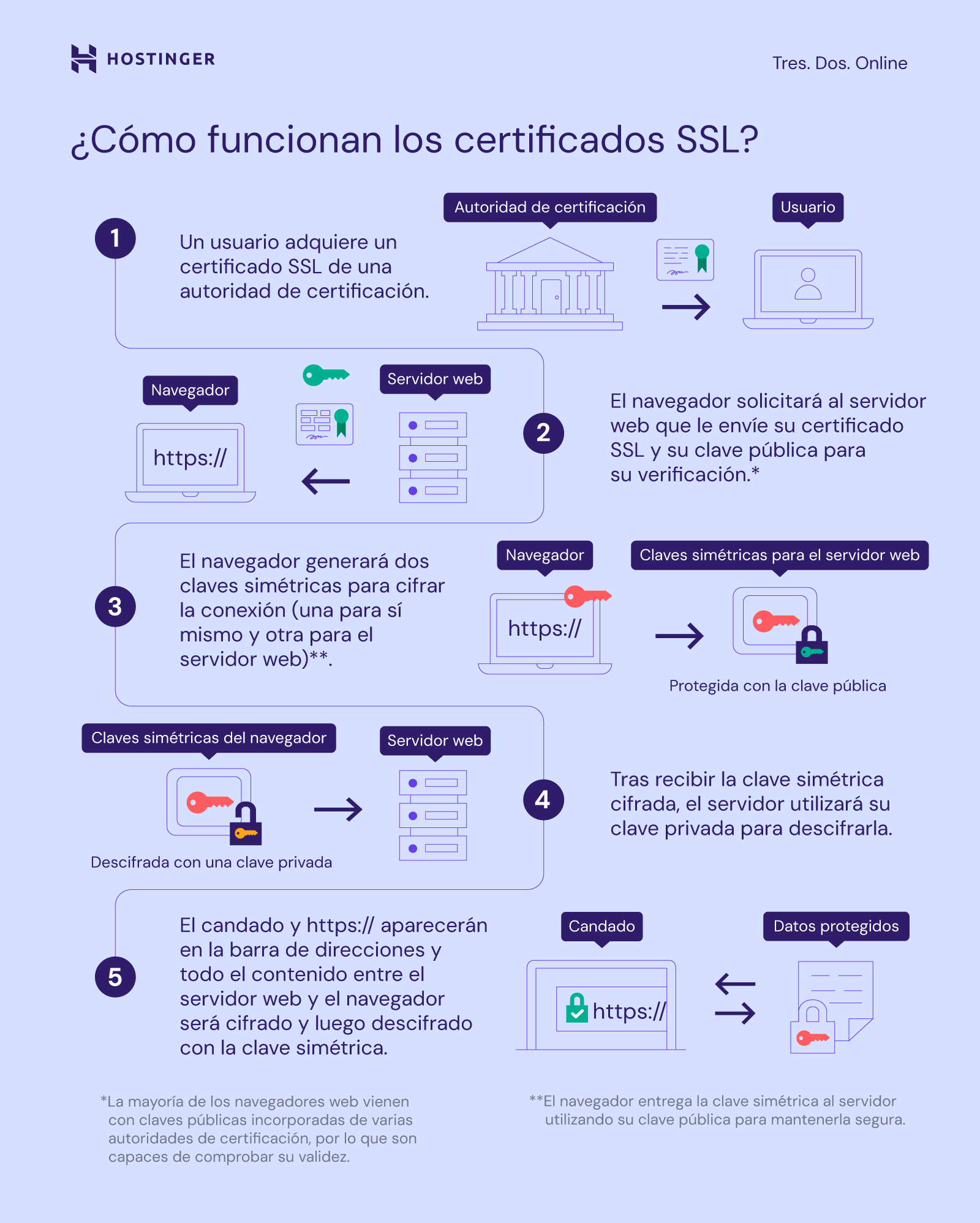Hosting and SSL: What You Need to Know
When it comes to choosing a hosting provider for your website, there are a few key factors to keep in mind. One of the most important things to consider is whether or not the hosting provider offers SSL (Secure Sockets Layer) certification. In this article, we’ll take a closer look at hosting and SSL, and why it’s important for your website.
What is SSL?
SSL is a security protocol that encrypts the connection between a user’s web browser and the server hosting a website. This encryption helps to protect sensitive information, such as personal data, login credentials, and payment details, from being intercepted by hackers. In addition to providing security for your website visitors, SSL certification can also boost your site’s credibility and improve your search engine ranking.
Why is SSL Important for Your Website?
One of the main reasons why SSL is important for your website is because it helps to establish trust with your visitors. When a user sees the padlock icon in their browser’s address bar, they know that their connection to your site is secure. This can give them peace of mind when sharing sensitive information, such as their credit card number or personal details.
In addition to building trust with your visitors, SSL certification can also have a positive impact on your search engine ranking. Google has confirmed that sites with SSL certification are more likely to rank higher in search results compared to sites without it. By investing in SSL for your website, you could potentially improve your visibility and attract more organic traffic.
Choosing a Hosting Provider with SSL
When selecting a hosting provider for your website, it’s important to choose one that offers SSL certification as part of their hosting packages. Some hosting providers may offer SSL for free, while others may charge an additional fee for it. Be sure to inquire about SSL certification before signing up for a hosting plan, as it can make a big difference in terms of your website’s security and performance.
In addition to SSL certification, there are other factors to consider when choosing a hosting provider, such as uptime, customer support, scalability, and pricing. Take the time to research and compare different hosting providers to find one that meets your needs and budget. Remember, investing in a reliable hosting provider with SSL certification can help to protect your website and enhance your online presence.
Conclusion
Hosting and SSL go hand in hand when it comes to securing your website and building trust with your visitors. By investing in SSL certification and choosing a reputable hosting provider, you can ensure that your website is safe, secure, and accessible to your target audience. Don’t overlook the importance of SSL when selecting a hosting provider – it could make all the difference in the success of your website.
